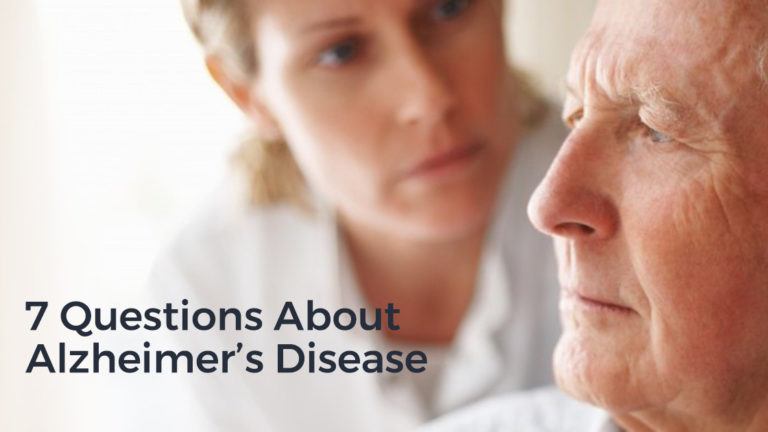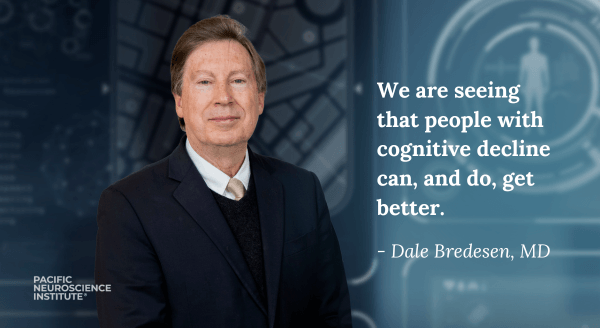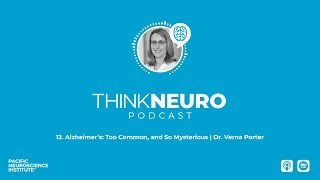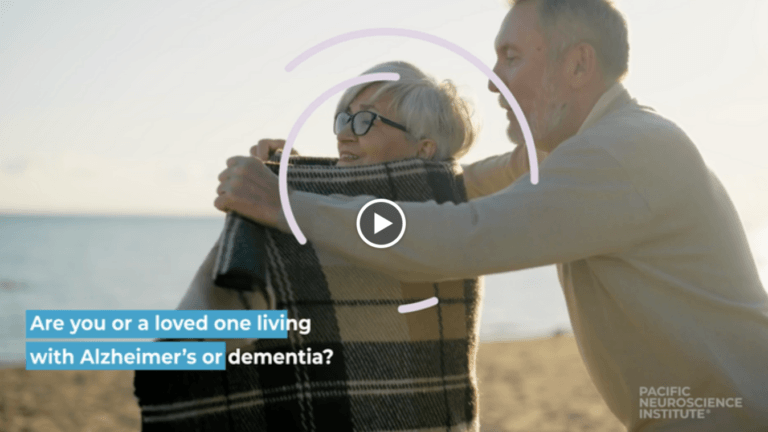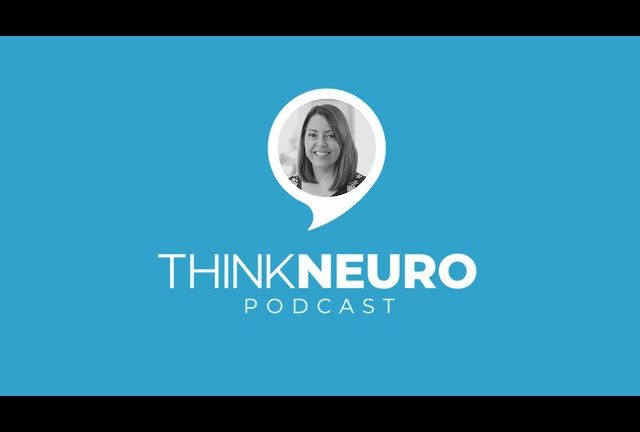

Alzheimer’s Disease In Women
by Scott Kaiser
Alzheimer’s disease is a progressive neurological disorder that affects both men and women, but there are some differences in how it affects women.
Are Women More Likely to Get Alzheimer’s Disease?
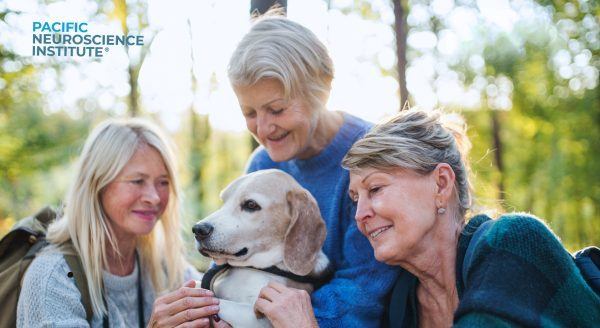
Women are more likely than men to develop Alzheimer’s disease, with about two-thirds of individuals with Alzheimer’s disease being women. Women are also more likely to experience and report memory complaints, according to the Alzheimer’s Association (Alzheimer’s Disease Facts and Figures). There are 5.1 million people age 65 and older with Alzheimer’s in the United States. 3.2 million of them are women. In addition, a woman’s estimated lifetime risk of developing Alzheimer’s at age 65 is 1 in 6 (compared to 1 in 11 for men).
Women may also have different symptoms than men in the early stages of Alzheimer’s disease. While memory loss is a common symptom for both men and women, women may experience more difficulty with language and communication. Women may also have more trouble with social interactions and decision-making.
Why Are Women More Susceptible to Alzheimer’s Disease?
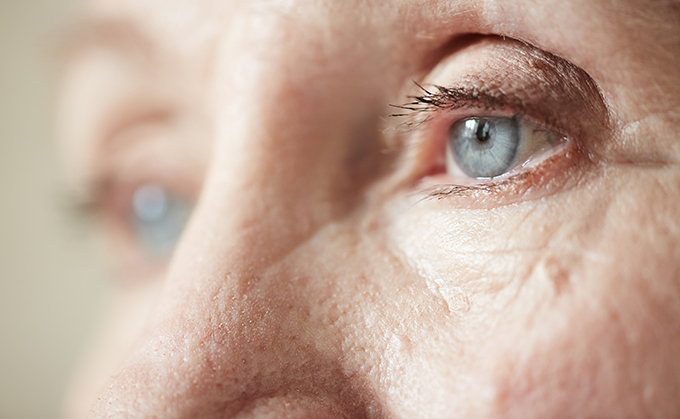
There are several reasons why women are more susceptible to Alzheimer’s disease.
Symptoms
Women may also have different symptoms than men in the early stages of Alzheimer’s disease. While memory loss is a common symptom for both men and women, women may experience more difficulty with language and communication. Women may also have more trouble with social interactions and decision-making.
Hormones
Another possible factor is the role of hormones in the development of Alzheimer’s disease. Estrogen, a hormone that is involved in the reproductive system, may play a protective role in the brain. Estrogen has been shown to have neuroprotective effects, including reducing inflammation and oxidative stress in the brain, which are factors that contribute to the development of Alzheimer’s disease. After menopause, women experience a decline in estrogen levels, which may increase their risk of developing Alzheimer’s disease.
Other Factors
Other factors that may contribute to the increased risk of Alzheimer’s disease in women include differences in genetics, lifestyle factors, and social and environmental factors. For example, women may be more likely to experience chronic stress, which has been linked to an increased risk of Alzheimer’s disease. Women may also have different patterns of brain aging compared to men, which may make them more susceptible to the disease.
The Role of Gender
Overall, while the exact reasons for the increased susceptibility of women to Alzheimer’s disease are not fully understood, it is clear that gender plays a significant role in the development of the disease. More research is needed to fully understand the underlying mechanisms behind this gender difference and to develop effective prevention and treatment strategies that take into account the unique needs of women.
Importance of Early Detection
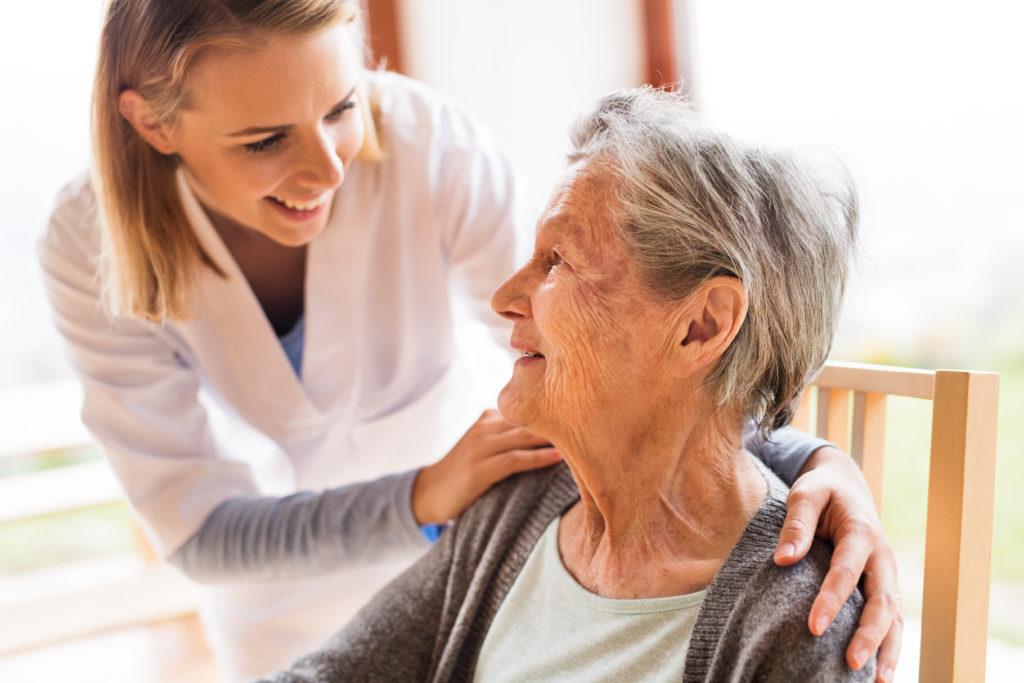
It is important to note that Alzheimer’s disease can affect everyone differently, and there is no one-size-fits-all approach to treatment. However, early detection and treatment can help individuals manage the symptoms of Alzheimer’s disease and maintain their quality of life for as long as possible. Working closely with a healthcare professional experienced in treating Alzheimer’s disease can help individuals develop an appropriate treatment plan that takes into account any specific needs or concerns they may have.
Brain Wellness & Lifestyle Resources
While many of us see cognitive decline as an inevitable part of aging, the Pacific Brain Health Center is working to change that narrative. Our specialists refuse to accept cognitive decline as a given and have developed a variety of proactive programs aimed at preserving brain health, with a particular focus on women’s cognitive well-being.
As we enter our senior years, we look forward to enjoying the fruits of a life well-lived. Maintaining mental sharpness is pivotal, as it enables continued meaningful participation in society. However, concerns about health—particularly cognitive decline, stress, and sleep issues—can loom large. Accessing supportive resources not only enhances the well-being of aging adults but also enriches the relationships among their family, friends and care partners.
For more information about Brain Wellness & Lifestyle programs at Pacific Neuroscience Institute®, contact us at 213-344-2037 or schedule a consultation. In addition, PNI’s precision brain health program offers specialized services to optimize your brain health throughout the lifespan.
Brain Health Clinic Location
1301 20th St #150
Santa Monica, CA 90404
310-582-7641
Useful Links
Related Articles
About the Author

Scott Kaiser
Scott Kaiser, MD, a board-certified family physician and geriatrician, is the Director of Geriatric Cognitive Health and provides specialty geriatric medical consultations at the Pacific Brain Health Center. Focused on the needs of older patients, he works with his colleagues to provide an integrated and holistic approach to their cognitive challenges. With this “whole person” approach, Dr. Kaiser works to connect patients and their families with a broad range of resources to support their overall health and well-being. In addition, Dr. Kaiser is Chief Innovation Officer at the Motion Picture & Television Fund (MPTF), a charitable organization serving members of the entertainment industry community. In this role, Dr. Kaiser leads efforts to improve population health and well-being through social and community-based interventions that aim to support people in living and aging well.
Last updated: October 15th, 2024


